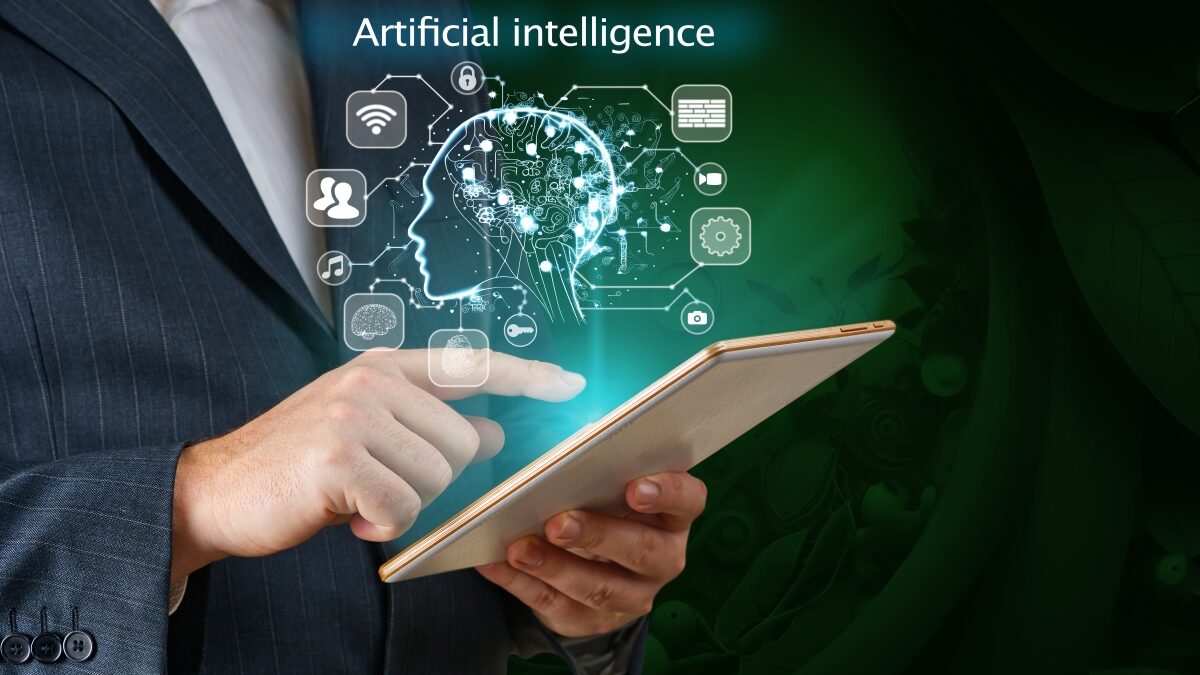
Understanding the Role of AI in Software Development
Artificial Intelligence is rapidly transforming the software development landscape, making it more efficient and effective. From automating routine tasks to enabling predictive analytics, AI is revolutionizing how software is designed, developed, and deployed. AI-powered tools and platforms are increasingly used to speed up the software development process and help developers focus on higher-level tasks.
AI in software development encompasses a wide range of technologies and applications. These technologies create intelligent software systems that can analyze data, identify patterns, and learn from user interactions. This, in turn, enables software developers to build more intuitive and personalized applications that can adapt to the needs of their users.
The impact of AI in software development is being felt across multiple industries, from finance and healthcare to retail, transportation, and more. Today, companies are leveraging AI-powered software to gain a competitive edge and provide better customer experiences.
In this blog post, we will explore how AI impacts software development, challenges, and solutions.
Benefits of AI in Software Development
Artificial Intelligence plays a significant role in software development, providing new ways to improve efficiency, quality, and innovation.
Here are some key ways in which AI is transforming software development:
Automating Tasks
AI-powered tools and platforms are used to automate routine tasks such as bug fixing, code reviews, and testing. This helps developers to focus on more creative and high-level tasks, such as designing and building new features.
Enhancing Software Quality
AI is being used to improve the quality of software products by detecting and correcting errors early in the development process. This decreases the risk of bugs and security vulnerabilities, leading to more reliable and secure applications.
Personalizing User Experiences
AI-powered applications can analyze user data and behaviour to provide personalized experiences, such as recommending products or services based on past behaviour or predicting future needs.
Enabling Predictive Analytics
AI is used to analyze large data sets and predict future trends and events. This is particularly useful in fields such as finance and healthcare, where AI can predict market trends or identify potential health risks.
Supporting Decision Making
AI-powered applications can provide real-time insights and recommendations to support decision-making. For example, a sales team could use an AI-powered tool to analyze customer data and identify the best sales strategies.
Improving Software Testing
AI can be used to generate test cases and automate testing processes. It can increase the accuracy and efficiency of testing, reducing the risk of errors and improving software quality.
Supporting Agile Development
AI can help streamline agile development processes, providing insights into how different teams work and identifying improvement areas. It can help ensure software products are developed quickly and efficiently while meeting quality standards.
Enhancing Cybersecurity
AI can detect and respond to cybersecurity threats, helping protect software products and systems from malicious attacks. By analyzing data and identifying patterns, AI identifies potential vulnerabilities and proactively protects against them.
Creating New Possibilities for Innovation
AI enables developers to explore new areas of software development, such as augmented and virtual reality, machine learning, and natural language processing. By pushing the boundaries of what is possible in software development, AI is driving innovation and opening up exciting new possibilities for the future.
AI-Powered Robotics
By combining AI algorithms with robotic hardware, developers can create intelligent machines that can perform complex tasks, adapt to changing environments, and interact with humans in new ways.
Challenges of Implementing AI in Software Development
Challenge: Data Privacy and Security
One of the biggest challenges of implementing AI in software development is ensuring data privacy and security. AI algorithms require vast amounts of data to operate effectively, but this data must be protected from unauthorized access, misuse, or theft.
Solution
Developers must ensure that data is collected, stored, and used in compliance with relevant regulations and best practices. It includes implementing appropriate security measures such as encryption, access controls, and firewalls.
Challenge: Specialized Skills and Expertise
Another challenge of implementing AI in software development is the need for specialized skills and expertise. AI technologies are still relatively new, and developers may require specialized knowledge to implement them effectively.
Solution
Developers can acquire the necessary skills and expertise by participating in training programs, attending conferences, and collaborating with other experts in the field. They can also partner with AI companies or hire AI specialists to help them implement AI technologies effectively.
Challenge: Ethical Considerations
AI technologies can have unintended consequences, such as perpetuating bias or causing harm to vulnerable groups. Ethical considerations must be considered when implementing AI in software development.
Solution
Developers must be aware of potential ethical issues and take steps to mitigate them. It includes ensuring that AI systems are transparent, explainable, and accountable and are tested rigorously for potential biases or unintended consequences.
Conclusion
AI has become integral to software development, offering significant benefits such as automation, efficiency, improved user experience, and intelligent decision-making. As AI technology continues to evolve, we can expect to see even more exciting applications in the future, transforming the software development landscape and benefiting society as a whole.
